Poetry is a beautiful form of expression that captivates both young and old. It allows us to explore the depths of our imagination, emotions, and creativity. For children, reading poems can be an enchanting experience that sparks their curiosity and nurtures their love for language. In this article, we will explore the 10 best poems for kids that are sure to delight and inspire them.
What is a Poem?
A poem is a piece of writing that uses rhythm, imagery, and figurative language to evoke emotions and convey a message. It is a form of artistic expression that often follows a specific structure or pattern, such as rhyme or meter. Poems can be short or long, simple or complex, and can cover a wide range of subjects.
The Benefits of Kids Reading Poems
1. Language Development
Reading poems exposes children to the beauty of language and helps them develop vocabulary, improve pronunciation, and enhance their understanding of grammar and syntax. The rhythmic nature of poetry also aids in the development of phonemic awareness, which is crucial for early reading skills.
2. Creativity and Imagination
Poetry encourages children to think creatively and use their imagination. Through vivid imagery and descriptive language, poems transport young readers to different worlds, sparking their creativity and allowing them to explore new ideas and perspectives.
3. Emotional Intelligence
Poetry often explores a wide range of emotions, from joy and love to sadness and fear. By reading poems, children can learn to identify and understand their own emotions, as well as empathize with the feelings of others. This emotional intelligence helps them develop empathy and compassion.
4. Critical Thinking
Poetry often presents ideas and concepts in a condensed and thought-provoking manner. By reading and analyzing poems, children develop critical thinking skills as they interpret the meaning behind the words, identify literary devices, and make connections between different elements of the poem.
5. Memory and Concentration
Memorizing and reciting poems can improve children’s memory and concentration. The rhythmic patterns and repetitive nature of poetry make it easier for young minds to remember verses, enhancing their cognitive abilities.
10 Best Poems for Kids
1. “I’m Nobody! Who are you?” by Emily Dickinson
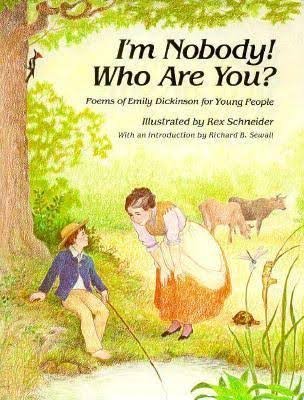
In this charming and introspective poem, Emily Dickinson playfully questions the value of fame and societal recognition. She invites readers to embrace their uniqueness and find solace in the joys of anonymity.
2. “Jabberwocky” by Lewis Carroll

From the whimsical world of Alice in Wonderland, “Jabberwocky” is a delightfully nonsensical poem filled with made-up words and fantastical creatures. It transports readers into a realm where imagination reigns supreme and language takes on a vibrant life of its own.
3. “Dreams” by Langston Hughes

Langston Hughes celebrates the power of dreams and encourages young readers to pursue their aspirations with unwavering determination. Through vivid imagery and rhythmic language, this poem inspires children to embrace their passions and reach for the stars.
4. “Sick” by Shel Silverstein

Shel Silverstein’s “Sick” is a hilarious and relatable poem that follows the mischievous antics of a child who fakes being sick to skip school. With its clever wordplay and humorous twists, this poem is sure to bring laughter to readers of all ages.
5. “The Tyger” by William Blake
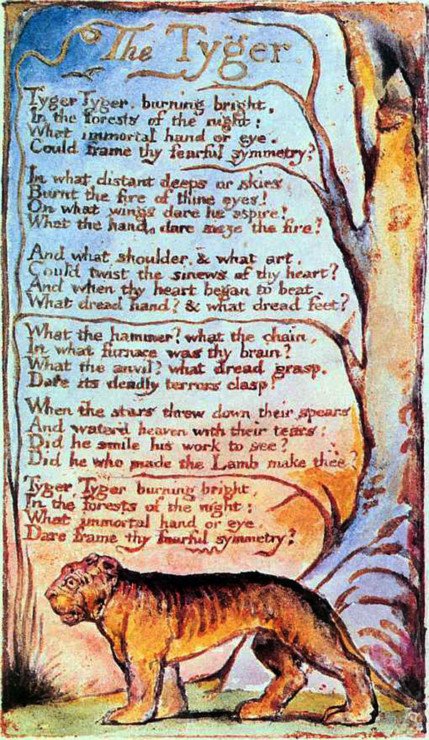
In this mesmerizing and thought-provoking poem, William Blake contemplates the beauty and mystery of the natural world. Through vivid descriptions and powerful imagery, he explores the dualities of light and dark, innocence and experience.
6. “A Light in the Attic” by Shel Silverstein
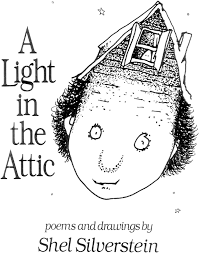
Shel Silverstein’s collection of poems in “A Light in the Attic” invites readers on a whimsical journey filled with imagination and laughter. From silly characters to fantastical scenarios, Silverstein’s playful verses captivate young minds and ignite a sense of wonder.
7. “Mother to Son” by Langston Hughes

Langston Hughes uses the metaphor of a staircase to convey a mother’s wisdom and resilience. In this emotive and powerful poem, Hughes encourages readers to persevere in the face of adversity, drawing strength from the lessons passed down through generations.
8. “Where the Sidewalk Ends” by Shel Silverstein
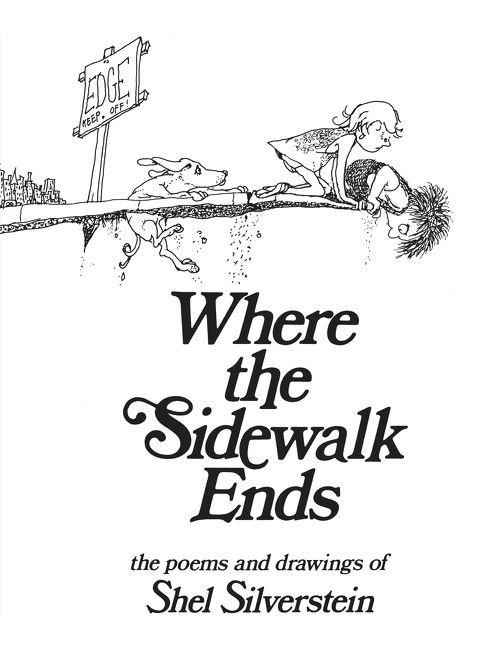
Shel Silverstein’s “Where the Sidewalk Ends” is a delightful collection of poems that transports readers to a world where imagination knows no boundaries. With its whimsical characters and imaginative scenarios, the poems in this collection inspire readers to explore their own creativity and embrace the magic that can be found in everyday life.
9. “Invictus” by William Ernest Henley

“Invictus” is a powerful and resolute poem that celebrates the indomitable spirit of the human soul. Written with unwavering determination, the poet instills a sense of courage and resilience in readers, urging them to rise above life’s challenges and remain steadfast in the face of adversity.
10. “Annabel Lee” by Edgar Allan Poe
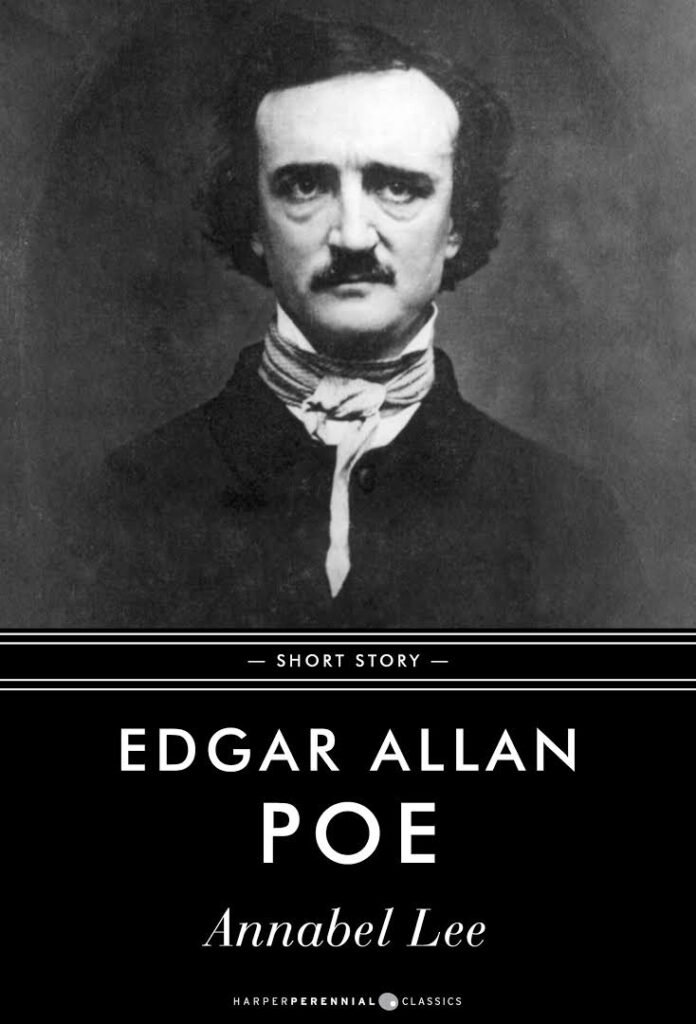
Edgar Allan Poe’s hauntingly beautiful poem, “Annabel Lee,” tells a tragic love story that transcends death. Through his lyrical and melancholic verses, Poe explores themes of love, loss, and undying devotion, leaving readers with a sense of both longing and immortal love.
Conclusion
Introducing children to the world of poetry can be a rewarding experience. By reading and exploring the 10 best poems for kids, children can embark on a journey of imagination, creativity, and emotional growth. So, grab a book of poems, dive into the magical world of words, and let the power of poetry inspire and captivate young minds.
